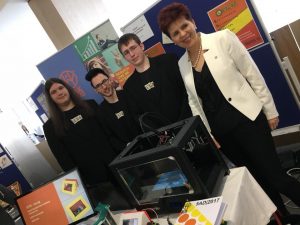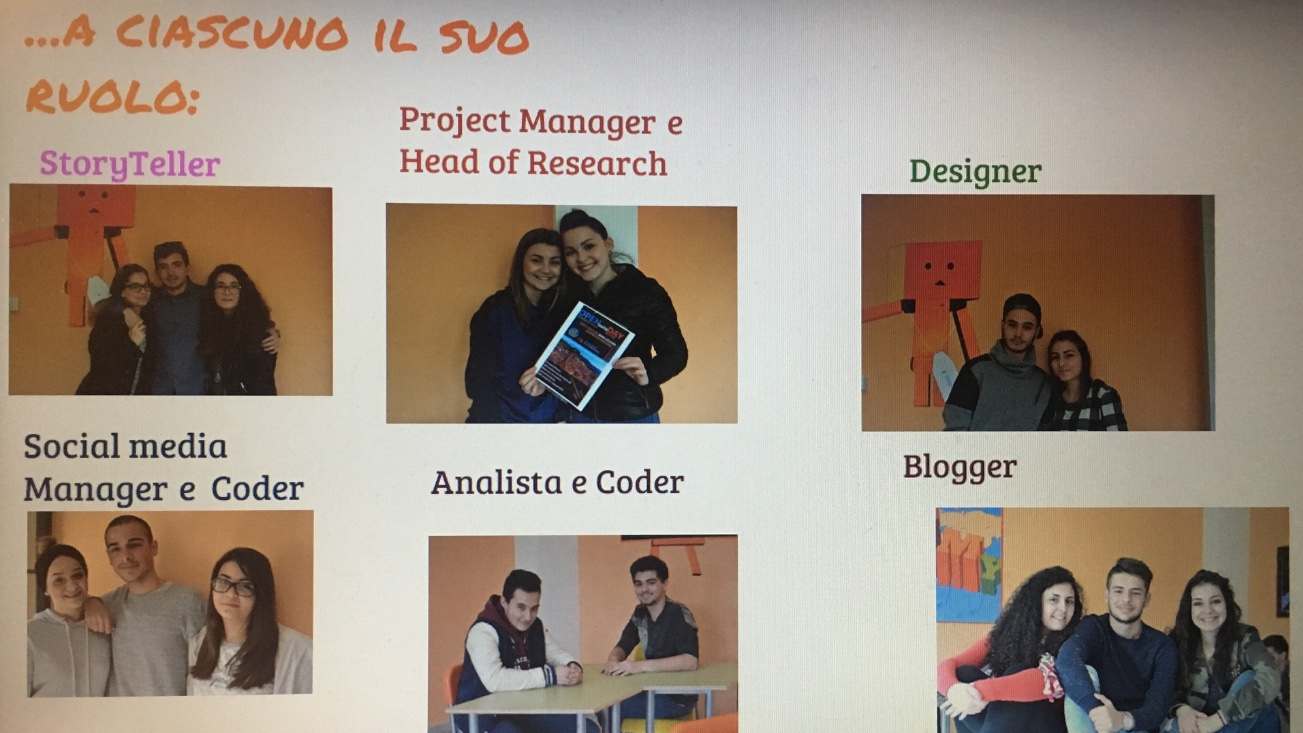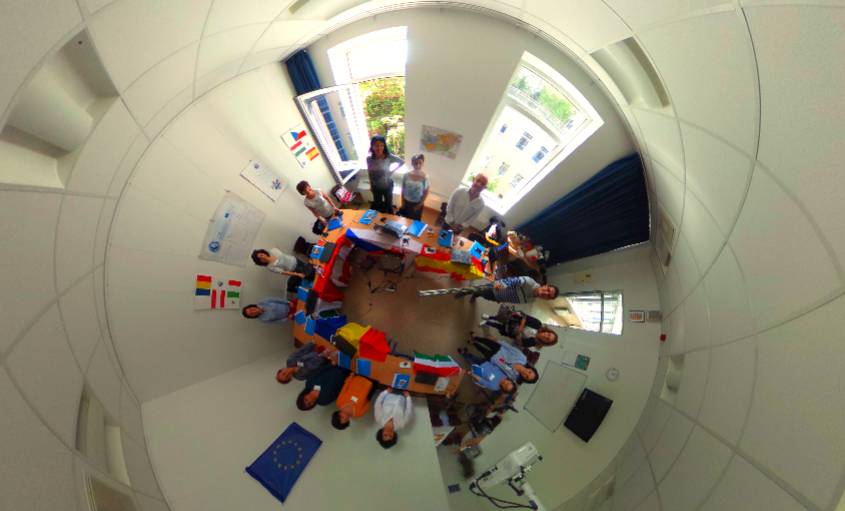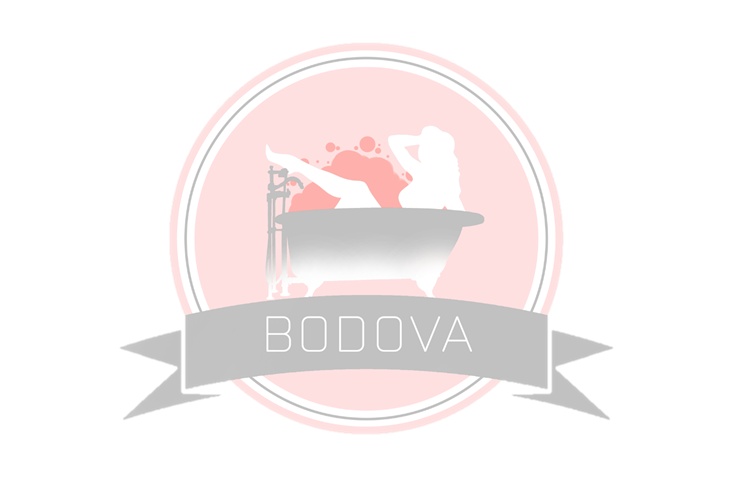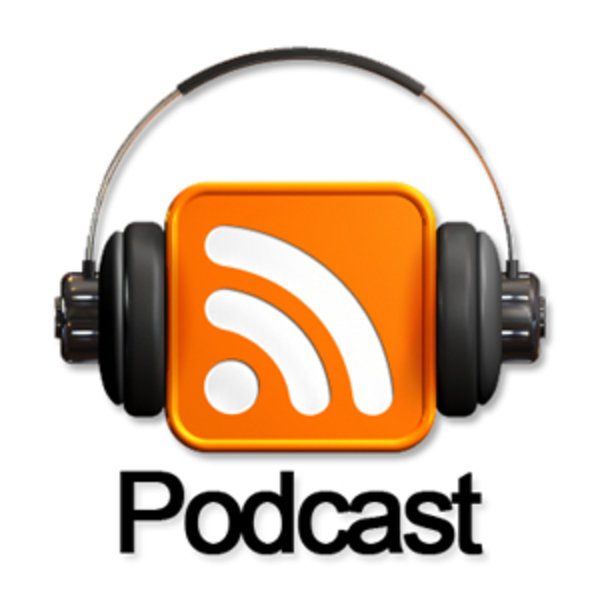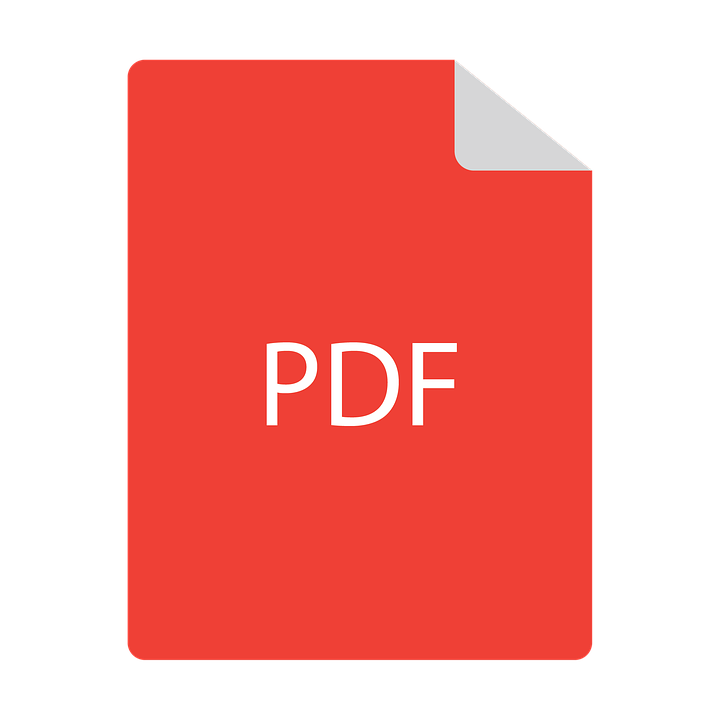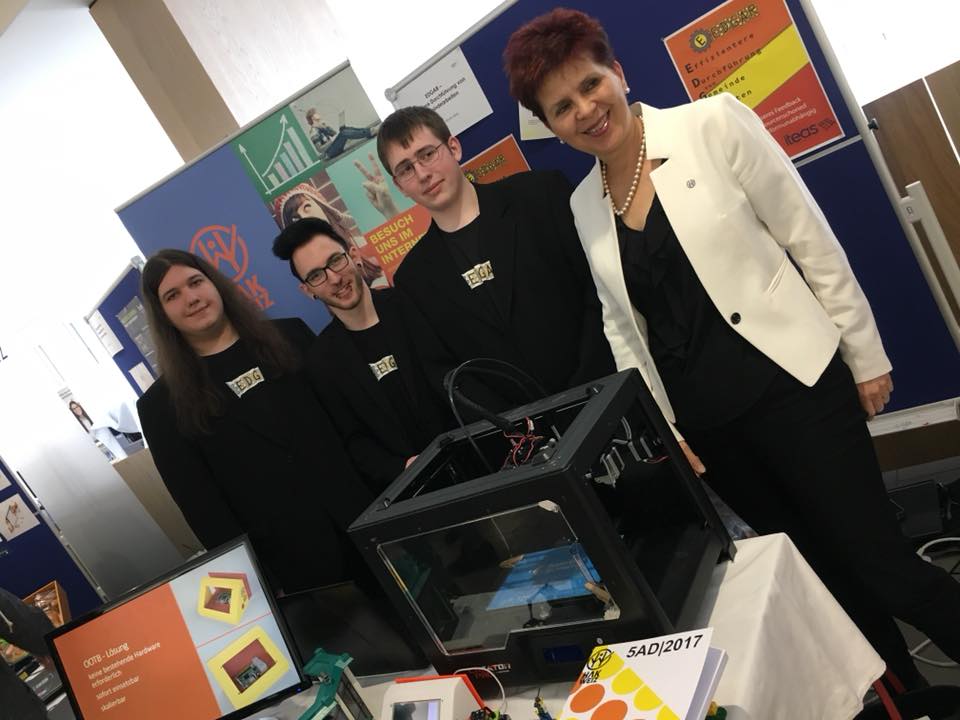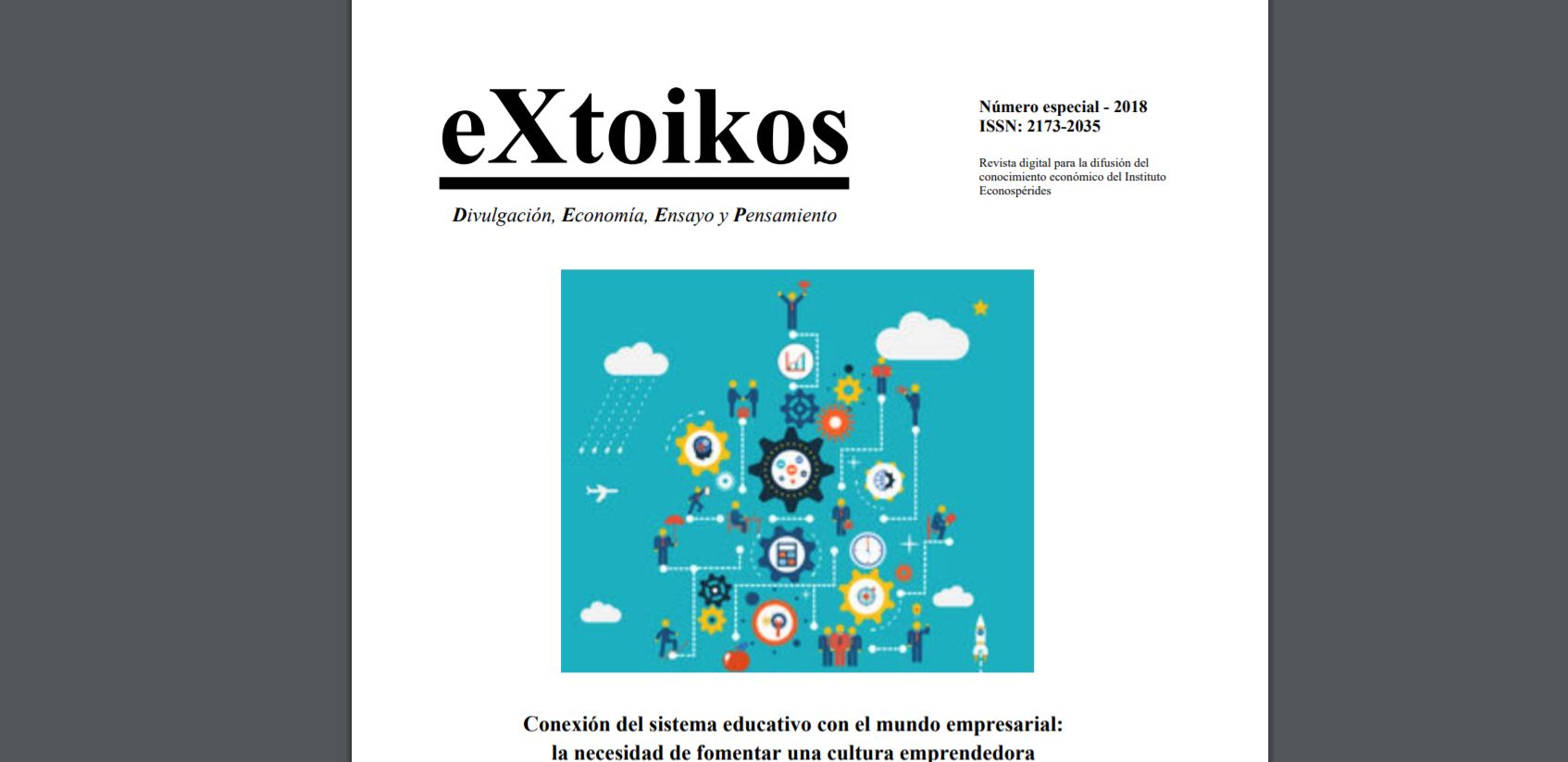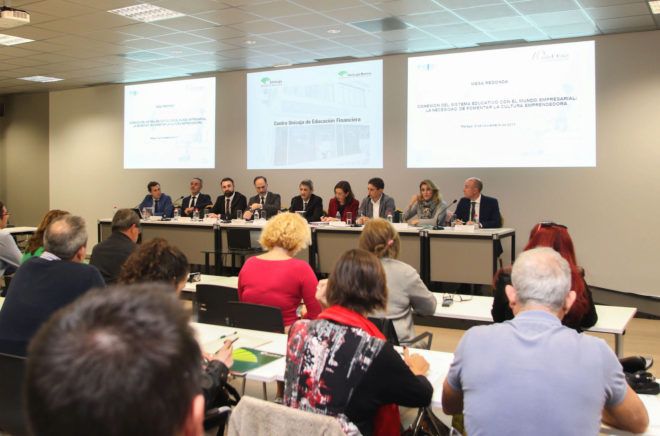Informations related to
OpenCoesion Initiative collaboration
Collaborate with local initiatives is an objetive of the DTSE Erasmus Project, in this like G.A.Pischedda School started a collaboration with the OpenCoesion Initiative.
-
OpenCoesion is the open government initiative on Italian cohesion policy, managed by the Department for Cohesion Policy at the Presidency of the Council of Ministers.
OpenCoesion leverages on all open government dimensions and promotes an increased involvement of citizens, government, businesses, researchers and the media for a more efficient and effective use of cohesion funds.
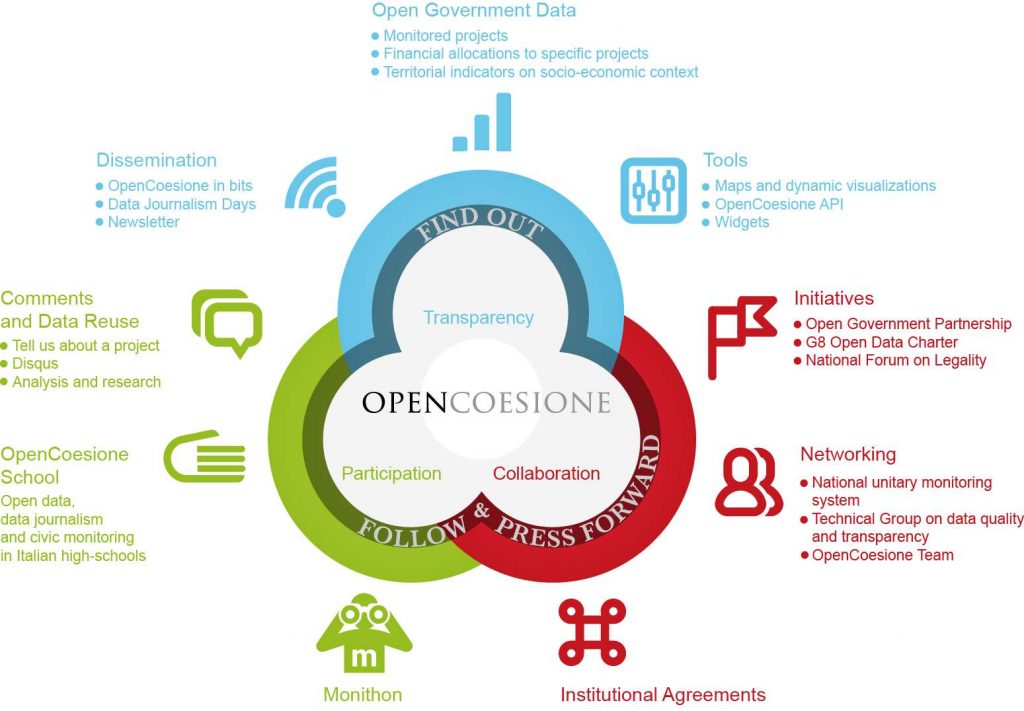
Cohesion policy has the objective of reducing territorial disparities by:
- supporting job creation,
- business competitiveness,
- economic growth,
- sustainable development
- improving citizens’ quality of life.
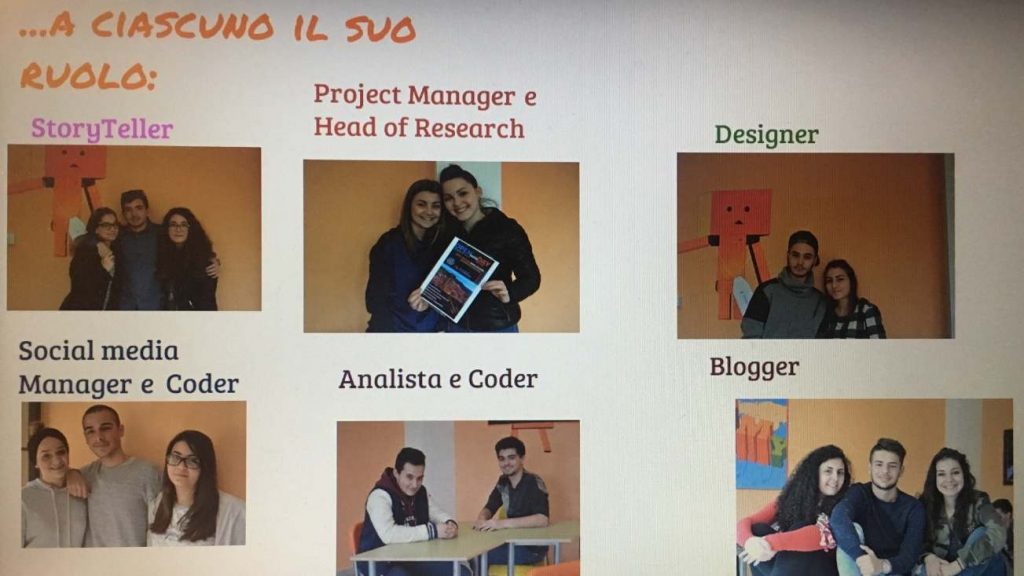
The Open Cohesion activity started in November 2017; participating students are the 4^E class Administration, Finance and Marketing, coordinating by Prof. Rita Murdeu and Serafina Manca, teachers of Economy;
Simulated Training Company (IFS).
DTSE eramus project aims to create new companies, in this context the G.A, Pischedda school have started a new collaboration with the initiative SIMUL-ALTERNAZA
http://www.alternanza.miur.gov.it/scuole_impresa-simulata.html
It is a virtual company animated by students, which performs a network market activity (ecommerce) and refers to a real company (company tutor) that is the reference model to be emulated in every phase or business life cycle.
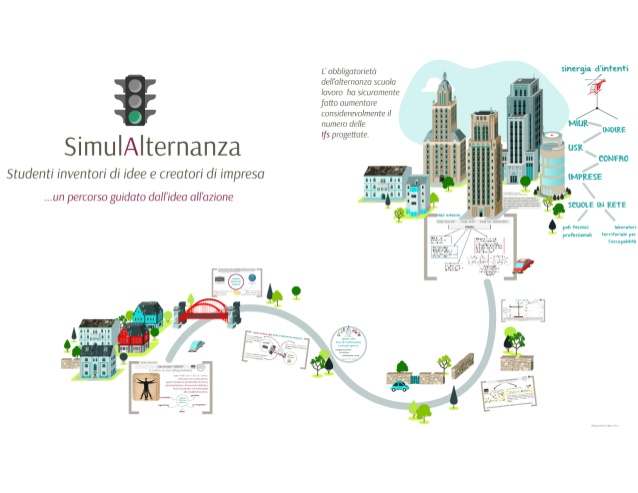
The teaching methodology naturally uses:
-
problem solving,
-
learning by doing,
-
cooperative learning
-
role playing.
Simulated Training Company constituting a valid tool for the acquisition of skills that can be used in the labour market.
The students, with the simulated training company, are real young entrepreneurs and acquire the spirit of initiative and entrepreneurship with the basic cognitive tools in the economic and financial field.
This is an experience that can be useful in all fields of study, if you consider it as a tool for guiding the choices of students who, even after a university career, have the aspiration of being part of a company.
The IFS uses the IT platforms in order to set up telematic networks able to support the training courses addressed to the students of the schools that are part of it.
The system allows the creation of virtual companies on the network that simulate all the actions related to specific areas of any business activity.
The IFS activity started in November 2017; participating students are the 3^E class Administration, Finance and Marketing, coordinating by Prof. Rita Murdeu, teacher of Economy; The students simulated the activities of a tourism services company.
Families Collaboration in DTSE Project
The past 10th of May, Mr Juan Antonio Garrido Chinchilla, engenier in telecomunications and father of one of our students, was assessoring us to achieve an effective communication and difusion of our project. We will count with his help in the use of last generation tools.
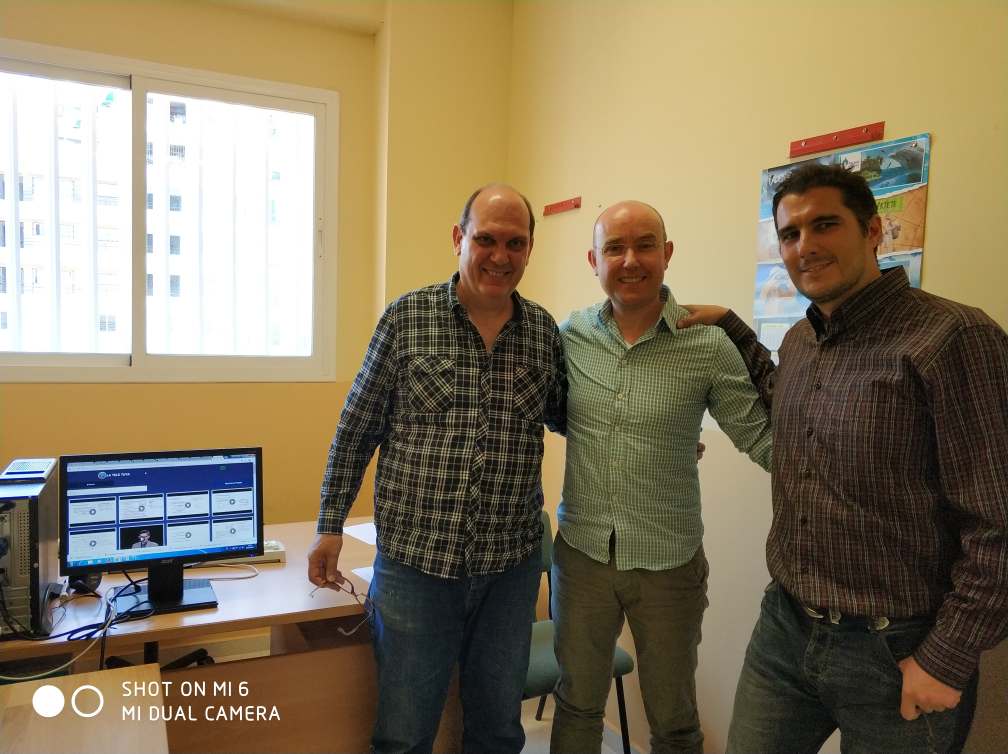
His collaboration will be centred in three lines of work:
- Collaborative Multiconference OpenSource (Jitsi.org)
- Software for streaming (OBS Studio)
- Implementing BMS. Desconected Internet. Ubiquitous Education.

From this lines we want to thank him for his implication in our project
We have our oun Radio Channel
Radio Channel Creation
We have started our radio Channel one of the final products of our project with the high quality interviews about Entrepreneurship and educational System

Some moments of the Meeting in Photos :
360 Photographs in M2 Hungary
Meeting Room of M2 Hungary of BGSZC school
Great job ¡¡ thanks to BGSZC team 🙂
Click in the botton to see more M2 360 photos ¡¡¡
Summary of Budapest M2 Meeting (23rd -25th April 2018)
SUMMARY OF BUDAPEST M2 MEETING
SUMMARY OF BUDAPEST M2 MEETING (23rd -25th April 2018)
The third session within the project ’Designthinking : Social – Entrepreneurship between European schools’under Erasmus+ programme took place in our school (BGSZC BGSZ Budapest) at the end of April 2018. During the 3 –day meeting with our colleagues from the six participant countries we continued the real ’designthinking’ which started and proceeded in Spain at the previous two meetings займ 1000 рублей онлайн.
In Budapest we discussed the results of the evaluation sheets of the previous activities and meetings basd on questionnaires that were filled in both by teachers and students. The findings helped to work out our improvement proposals for the next stages. Each country came prepared: several ideas and suggestions were shared and discussed related to the content and methods of the future cooperation. Furthermore, the programme of our next C2 meeting,which is due to be held in October 2018, started to outline, many interesting, applicable joint-activities for students were proposed by the participants.
During the meeting we exchangedour business ideasthat we workonwithourstudents in the differentcountries and presentedthose ’bestpractice’ ideaswhichprovedto be useful in preparing ourstudentstomeettherequirements of thejob market.
The presentations gave good impulses to further activities and provided useful background information regarding the existing organizations and events which support coming together of education and business sector (like ECIE).
In order to facilitate our students to collaborate in the mixed-country activities with in the project, we all agreed on the importance of applying widely IT applications, social media and other possibilitiesthat modern technology offersus. As a good sample, the Hungarian students made interviews during the meeting with the teachers through podcast technology.
Beside the strictly professional programms, we, Hungarian hosts intended to show our colleagues some highlights of our beautiful capital, Budapest.
All in all, we consider, theM2 meeting wasverysuccessful in terms of developingour project: summing up the previous events, as wellas gathering, sharing, proposing and plannin guseful and promising ideas.
Some documents developed in the Meeting :
- Prezi_Escape Room /
- Presentation /
- Transportation of bio vegetables to educational institutions /
- GOOD PRACTICE /
- NTP program
- DTSE_2018_Budapest_Presentation of our Center /
- Proposed Activities
Radio Channel Creation
We have started our radio Channel one of the final products of our project.

Some moments of the Meeting in Photos :
Best practices presentation by BGZSC Team
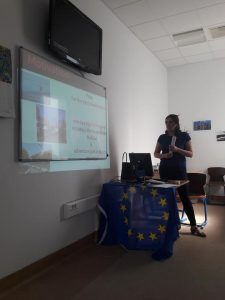
Storage Good Practices Workshop
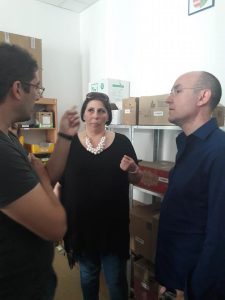
Best practices presentation by BGZSC Student
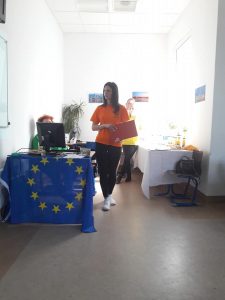
Best practices presentation by BGZSC Team
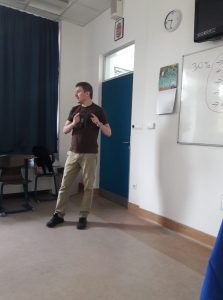
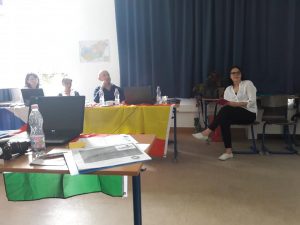
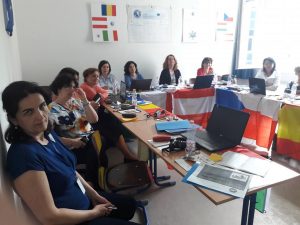
Exit room Activity by
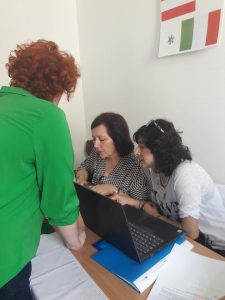
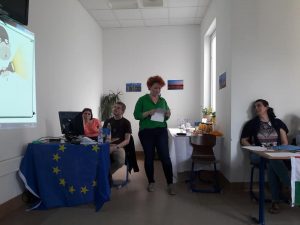
Austrian Team Presentation
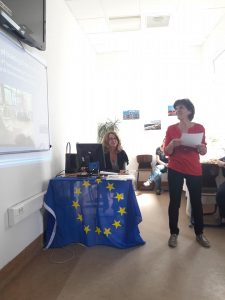
Romaniam Team Presentation
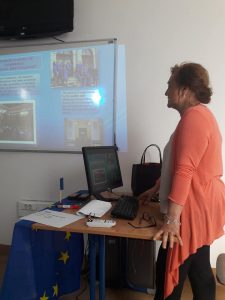
Spanish team Evaluation Presentation
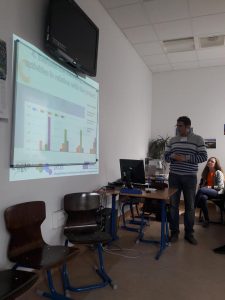
Czech team social media Workshop presentation
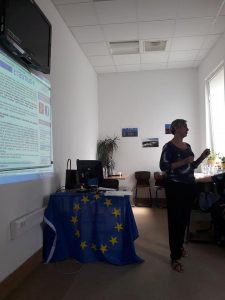
Acts Documents Developing
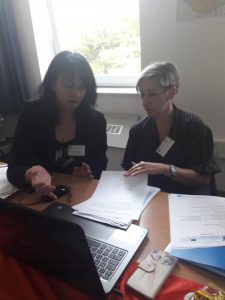
JA company BODOVA
- The first JA company in our school
- It works from September 2017
- It is manufacturing company
- This company produces soaps and foaming bombs to bath
- 23 students of the 3rd year of studies
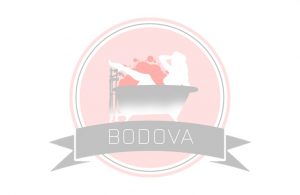
- Every week 2 lessons
- It ends its activity in june 2018
- Next year two new companies will work
- link JA company BODOVA
24-26 April 2018- Meeting M2 – Budapest
On April 24-26, 2018, our third meeting took place in beautiful Budapest, Hungary, at the partner school BGSZC Belvárosi Gazdasági Szakgimnáziuma.
Among the presented materials were analyzes of the results so far, proposals for improvement of the project or the preparation of the next meeting, examples of good practice in the partner schools. Collaborative activities, work-shops have allowed us to strengthen the relationships between our teams and to draw the directions of the project in the future.
The meeting in Budapest was a real step forward for our project and took place in a pleasant, cordial, very warm atmosphere created first of all by hosts whom we thank.
The materials presented by our team are as follows:
Improvement proposals SSCNK RO
In the period between mobility, joint activities can be carried out through the Etwinning platform :
- Defining and discussing the topic entrepreneur´s skills;
- Looking for a solution to a business challenge;
- Completing marketing and business plans;
- Advertising studies;
- Online business reports.
Until the C2 meeting in Budapest:
- Setting up national companies;
- Each country to come to the C2 meeting with an exercise firm / business proposition for an exercise firm.
October 2017 and February 2018
- Between October 2017 and February 2018, training on collaborations between companies on the etwinning platform could take place.
- We, in Romania, can do one (integrated in the curriculum) or two hours per week for these etwinning activities.
Meeting C5 in Bucharest
Making a fair of the exercise firms.
Company of the Romanian team
Organic Architecture: The House for Life
The Romanian team wants to build a company – Construction of organic houses for the population affected by natural disasters.
Budapest, we’ll see you soon !
The Danube waves will bring us back in October!
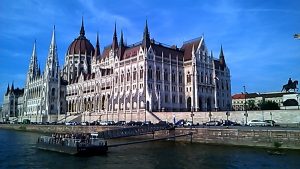

Colaborative Interviews
Hi ¡¡¡
We are almost ready for M2 Meeting in Budapest ¡¡¡
One of the activities that we are going to develop is the creation of a podcast with Interviews to the coordinators done by the Hungarian students through podcast technology.
The results will be uploaded to the proyect website. Each centre has to take to Budapest the interview which will be sent to coordinators in advance.
The questions will be sent in advance to the coordinators so they can prepare them and you can download them here.
Interview Form has been elaborated by Spanish and Hungarian students in a collaborative Activity
Exposition DigBizAward in Graz
In the context of DTSE Project many students are creating startups companies.
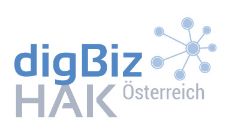
Our Students startup company EDGAR make an exposition was awarded by the DigBizAward in a ceremony in Graz in 21.3.2018
http://www.hakdigbiz.at/index.php/digbiz-award.html#digbiz-award2018
Our students of the 5th form presented their diploma thesis „EDGAR“, a software application for communities to organize their field work.
